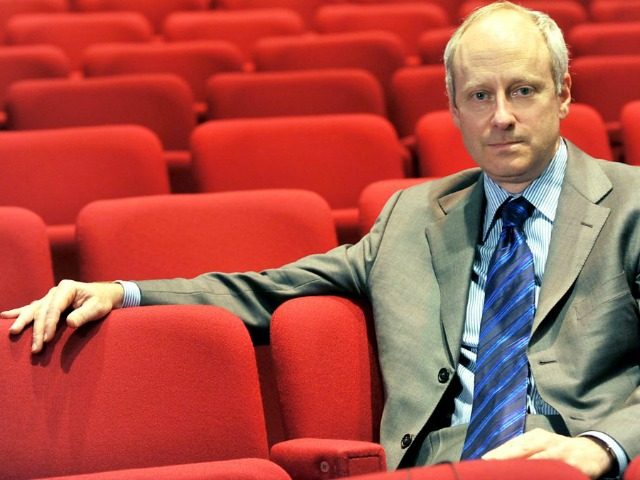There was an extraordinary but oh-so-BBC-ish programme on Radio 4 this morning in which a Harvard philosopher named Michael Sandel tackled one of the great issues of the moment: why still not nearly enough is being done by policymakers to address the pressing threat of the Millennium Bug.
Sometimes known as Y2K, this apparent glitch in our computer systems could cause all manner of upset in the year 2000, we learned. As well as office equipment it might affect traffic circulation systems, refrigeration controls, even vital hospital machinery. “The problem is real”, Sandel explained in a voice of robotic deliberation clearly very used to having students listening unquestioningly to what he has to say. But there are, he conceded, different schools of thought on how the problem should be addressed: one thinks that lots of taxpayers’ money should be thrown at it while the other thinks that lots of money should be thrown at it, only in a different, cleverer way…
Yes, obviously, I’m joking but only slightly.
The actual topic of Sandel’s programme was very nearly as pointless, irrelevant and out of date: climate change.
I’ve just had a glance at the BBC page promoting this programme and it feels like something some starry eyed eco-activist who’d just had a tofu burger with Al Gore dashed off about 20 years ago:
Most climate scientists think the world is getting warmer and that humans are at least in part responsible. Almost every country in the world has pledged to make efforts to stabilise greenhouse gas concentrations in the atmosphere in order to prevent dangerous “interference with the climate system”. But exactly how to do this raises interesting questions about fairness.
No it doesn’t raise interesting questions about fairness because the premise on which it is based is entirely specious. Every one of the assumptions on which Sandel’s philosophical musings rest is at best heavily contested, at worst disproven.
Stuff like this, for example:
The inhabitants of The Maldives – made up of more than 1,200 islands, most of which are no more than one metre above sea level – are already feeling the effects of climate change. They are victims. But they didn’t cause the problem. Should those countries with historical responsibility for emissions be obliged to compensate The Maldives?
No one who has done even the merest scintilla of a modicum of homework on this subject is remotely worried about the effects of climate change on the Maldives because the Maldives are doing just fine.
Yet rather than row back from its relentless climate change propaganda in the light of evidence, the BBC continues to pretend that it’s a major problem – not just in obvious places like the regular eco-scare newsbulletins of its house green activist Roger Harrabin but even on programmes where it really ought to have no relevance like this episode in its Global Philosopher series.
Sometimes people tell me that for all its faults the BBC is a marvellous institution which we’d miss fearfully if it were ever to leave us.
To which my response is very simple. Listen to the programme and go to the point near the end where one of the 30 contributors from all over the world, this one called Carla from Peru, treats us to her insights:
“We are just treating this problem from a very Western perspective, we are forgetting that there are people with relationships to nature, for example coming from Peru I was very aware of climate change but now I go to school in the United States I am highly surprised that people do not even know about it or who deny this because they have forget [sic] this is the only place where we have to live and it’s not just a matter of consumption or stopping it is a matter of remembering that this your planet. People call it earth for a reason – because it’s the only place where we have to live.”
To me this raises a question far more interesting than any broached in the programme: how in God’s name does our national broadcaster have the gall to treat its licence-fee payers like they were kids at a Brighton primary school?

COMMENTS
Please let us know if you're having issues with commenting.